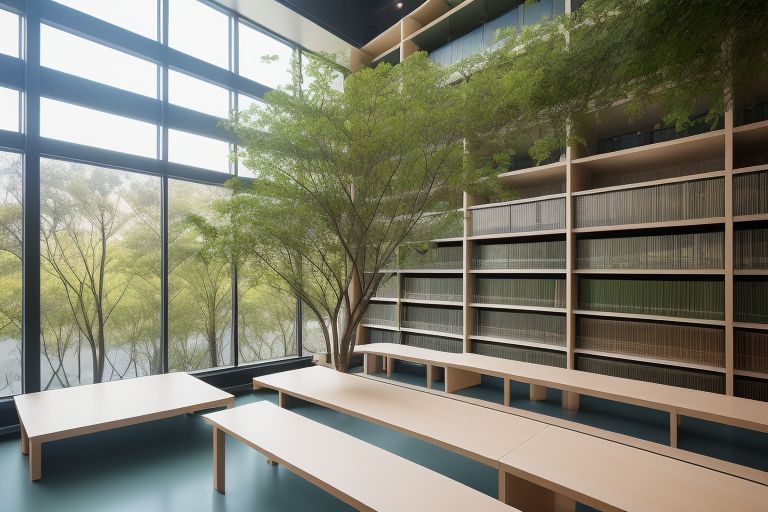
ENVIRONMENTAL AND
GREEN BUILDING LIBRARY
Promoting a green and sustainable future for Rwanda drives our daily efforts to inspire, educate, and empower all stakeholders.

Promoting a green and sustainable future for Rwanda drives our daily efforts to inspire, educate, and empower all stakeholders.
EGBL is a hub, with the aim to serve as a catalyst for change, facilitating access to sustainable materials, technologies, and expertise necessary for the construction of buildings that minimize environmental impact while maximizing efficiency and comfort.
EGBL has a strong focus on environmental sustainability and climate action. Our mission is to facilitate research, knowledge sharing, and advocacy in the areas of green building, energy efficiency, and environmental conservation. We have a proven track record in designing and implementing projects that reduce CO2 emissions and enhance sustainable practices.
At the Environmental and Green Building Library, our mission is to spearhead the transformation of Rwanda into a sustainable and eco-friendly society by serving as a dynamic hub for promoting green environments and businesses. Our primary goal is to advance the adoption of green building practices, technologies, and products throughout the country, fostering a harmonious balance between economic development and environmental stewardship.
Education and Awareness
We aim to be a premier source of knowledge and information on
sustainable building practices and green technologies.
Resource Hub
As a central repository for green building services and
products, we connect businesses and consumers with reliable
and eco-friendly solutions.
Collaboration and Networking
We actively foster collaboration between government bodies,
businesses, academia, and non-profit organizations to create a
network dedicated to sustainable development.
Innovation and Research
We support and promote research initiatives focused on
advancing sustainable building practices.
Policy Advocacy
We advocate for policies that promote sustainable construction
practices and incentivize green initiatives.
Community Engagement
Through community outreach programs and initiatives, we seek
to engage the public in sustainable living practices.
Our decarbonization studies explore strategies to reduce and eliminate carbon emissions, vital in addressing climate change. We focus on enhancing renewable energy use, increasing energy efficiency, and developing advanced carbon capture techniques. This work supports the transition of industries and communities towards sustainable, low-carbon practices, crucial for maintaining environmental balance and ensuring long-term ecological health.
Green Building Certification assesses and recognizes buildings that meet specific sustainability criteria, emphasizing environmental responsibility and resource efficiency. This process involves evaluating energy use, material selection, water management, and indoor environmental quality. Certification aims to promote healthier, more sustainable construction practices that reduce the ecological footprint of buildings and enhance occupant well-being, aligning with broader environmental sustainability goals.
Carbon credits trading involves buying and selling permits that allow the holder to emit a certain amount of carbon dioxide or other greenhouse gases. The system is designed to incentivize reductions in emissions by assigning a monetary value to the saving of carbon. Companies that reduce their emissions can sell their excess credits to those who need more, fostering a market-driven approach to decrease overall greenhouse gas emissions.
Energy audits are comprehensive assessments that evaluate the energy use and efficiency of buildings or systems, identifying opportunities for conservation and cost savings. These audits examine energy flows for waste or inefficiency and recommend improvements such as upgrading insulation, installing energy-efficient lighting, or updating HVAC systems. The process helps owners reduce their energy consumption, lower utility bills, and decrease their environmental impact by implementing more sustainable energy practices.
Green building awareness and training programs educate individuals and organizations about sustainable building practices and technologies. These programs cover topics such as energy efficiency, renewable energy integration, sustainable materials usage, and water conservation. The goal is to enhance knowledge and skills related to eco-friendly construction and design, encouraging participants to implement green building standards in their projects. This education is crucial for promoting environmental sustainability and improving the overall health and efficiency of built environments.